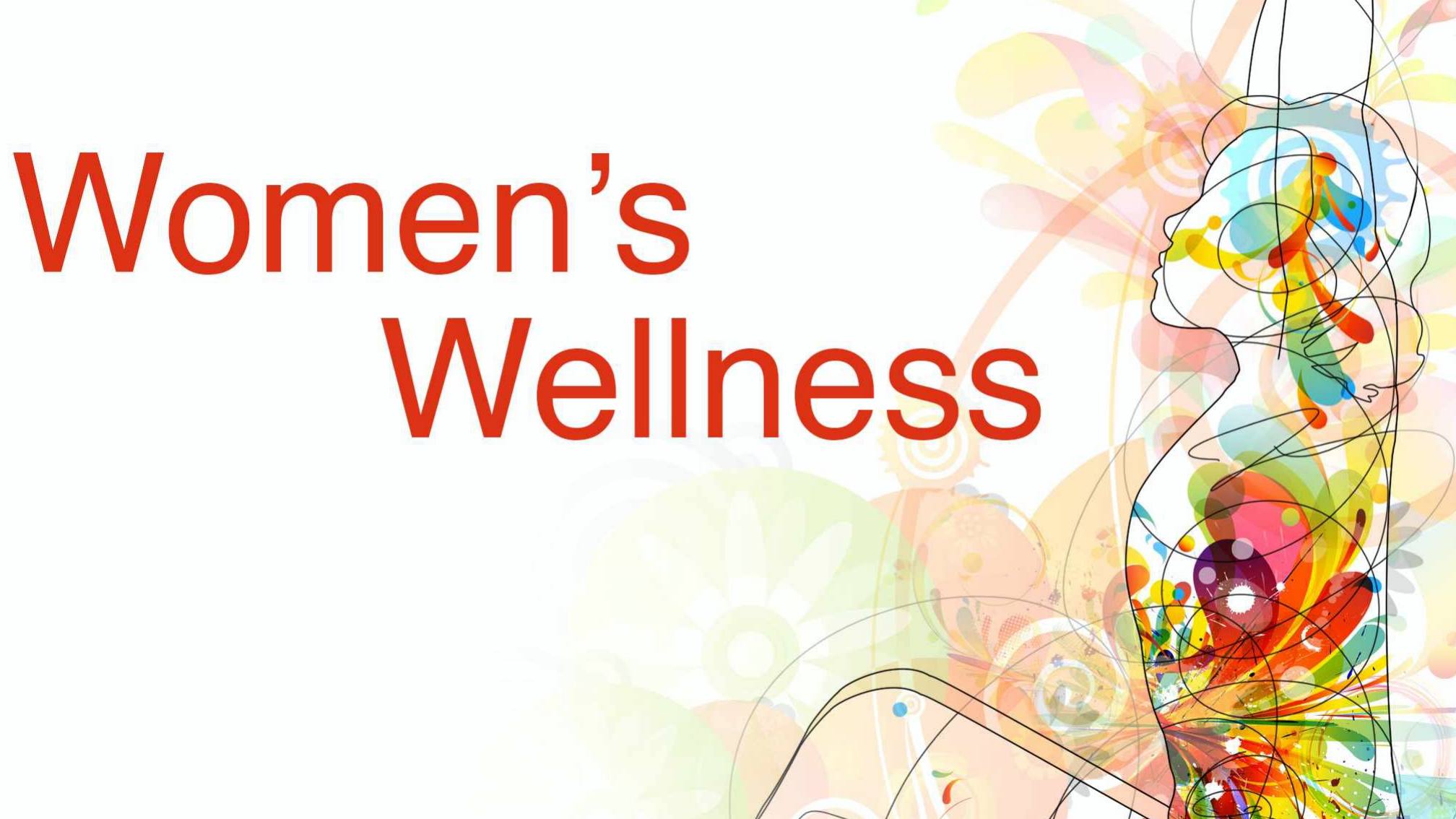-
Cardiovascular
Women’s Wellness: Is there a connection between menopause and high blood pressure?
 Blood pressure generally increases after menopause. Some doctors think this increase suggests that hormonal shifts related to menopause may contribute to high blood pressure. Others think an increase in body mass index (BMI) in menopausal women may play a greater role than hormonal changes.
Blood pressure generally increases after menopause. Some doctors think this increase suggests that hormonal shifts related to menopause may contribute to high blood pressure. Others think an increase in body mass index (BMI) in menopausal women may play a greater role than hormonal changes.
Menopause-related hormonal changes can lead to weight gain and make your blood pressure more reactive to salt in your diet — which, in turn, can lead to higher blood pressure. Some types of hormone therapy (HT) for menopause also may contribute to increases in blood pressure.
To control your blood pressure both before and after menopause, focus on a healthy lifestyle:
- Maintain a healthy weight.
- Eat heart-healthy foods, such as whole grains, fruits and vegetables.
- Reduce the amount of processed foods and salt in your diet.
- Exercise most days of the week.
- Manage stress.
- Limit or avoid alcohol.
- If you smoke, stop.
If necessary, your health care provider may prescribe medications to help lower your blood pressure.
This article is written by Dr. Shannon Laughlin-Tommaso and Mayo Clinic staff. Find more health and medical information on mayoclinic.org.







